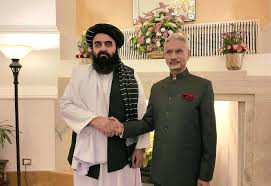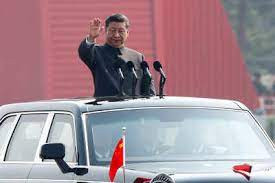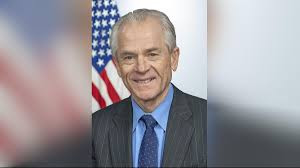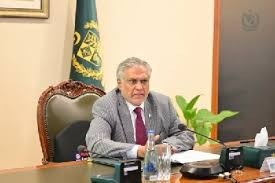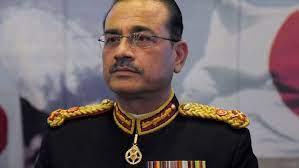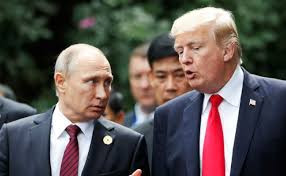Bangladesh’s Caretaker Government Criticized for Overstepping Mandate and Misreading Public Sentiment
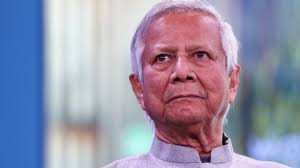
IIE DIGITAL DESK : Bangladesh’s current caretaker government, established with the stated aim of overseeing a fair and credible electoral process, is facing increasing criticism from civil society, opposition leaders, and international observers for allegedly exceeding its constitutional mandate. Critics argue that instead of maintaining political neutrality and safeguarding democratic norms, the interim authority has overstepped its boundaries, contributing to a shrinking democratic space and escalating political tension across the country.
The caretaker government, initially brought in with the public assurance of facilitating free and fair national elections, has found itself at the center of controversy. Originally viewed as a mechanism to ensure peaceful transition and stability during the electoral period, its current posture has raised questions about impartiality, excessive administrative interventions, and apparent alignment with vested political interests.
Observers note that the caretaker setup has not remained confined to its core task of electoral supervision. Instead, its actions increasingly resemble those of an empowered regime — issuing policy directives, intervening in civic affairs, and taking a hardline stance against political dissent. The government’s sweeping crackdowns on opposition activists, media restrictions, and the arbitrary use of legal mechanisms to stifle protests have drawn both domestic and international rebuke.
“The caretaker government was supposed to be a guardian of the democratic process, not a participant in political gamesmanship,” remarked one Dhaka-based political analyst. “Its job is to maintain law and order and support the Election Commission, not to take on the role of arbiter in national politics or enforce policies outside its limited mandate.”
Tensions peaked when prominent opposition parties accused the caretaker government of selectively targeting their members through politically motivated arrests and harassment. Several top leaders from the Bangladesh Nationalist Party (BNP) and other smaller parties have either been jailed or are facing charges under controversial provisions of the Digital Security Act and other legal statutes. Human rights groups have flagged these actions as part of a broader strategy to cripple political competition ahead of general elections.
Media organizations in Bangladesh have also felt the heat. Journalists critical of the government’s handling of the political climate have reported threats, censorship, and legal intimidation. News outlets perceived to be aligned with opposition views have faced operational obstructions, further tightening the already constricted information environment in the country.
Including several Western governments and human rights organizations, have expressed concern about the current political trajectory under the caretaker government. In various statements, they have urged Bangladesh to respect democratic principles, ensure freedom of speech, and allow fair electoral participation for all political parties. The United Nations has also stressed the importance of creating a conducive environment for transparent elections, warning that failure to do so could compromise the legitimacy of the entire democratic process.
The controversy surrounding the caretaker government underscores a deeper political malaise in Bangladesh — one where mechanisms intended to protect democracy risk becoming tools for consolidating control. What was once seen as a necessary innovation in South Asian democracy is now under scrutiny for distorting its intended role.
The spotlight remains firmly on the caretaker government’s actions. Whether it can reclaim its legitimacy by stepping back into its rightful role or continues down the path of overreach will determine not just the fairness of the upcoming vote but the future of democratic governance in Bangladesh.
The credibility of the electoral process — and by extension, the nation's democratic standing — hinges on the ability of this interim authority to uphold neutrality, allow political competition, and create space for dissenting voices. So far, critics argue, it has woefully misunderstood that responsibility.
You might also like!


